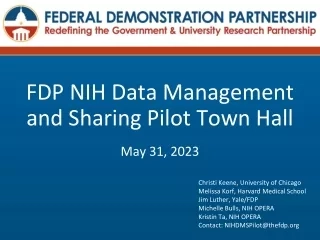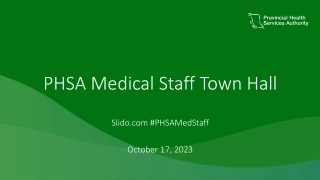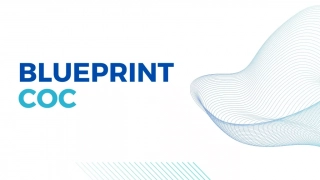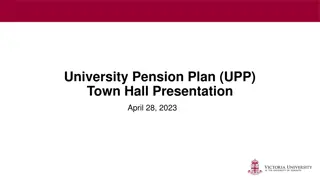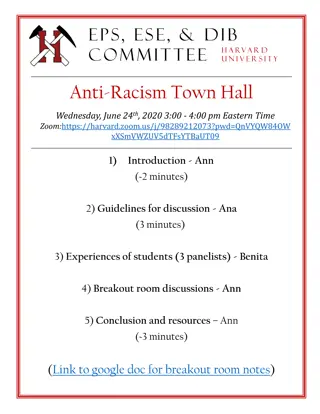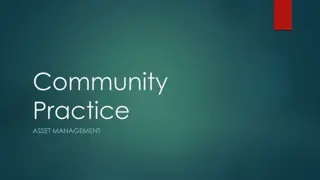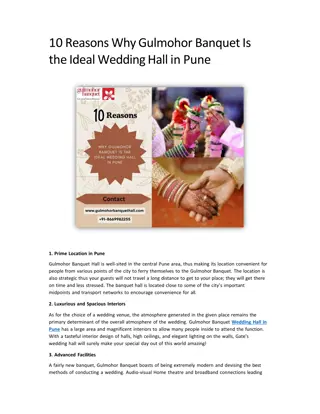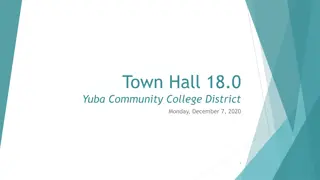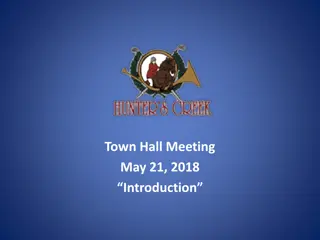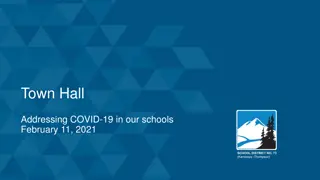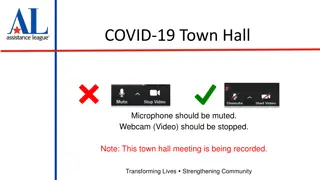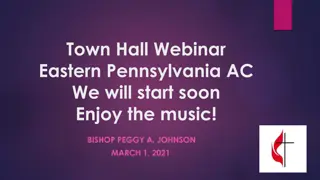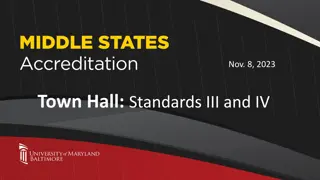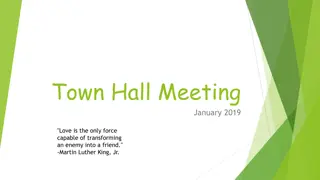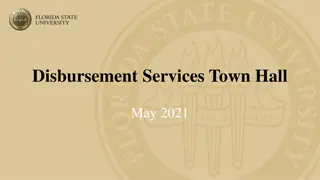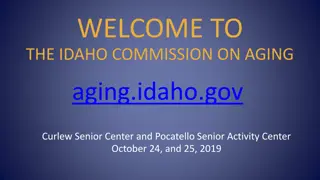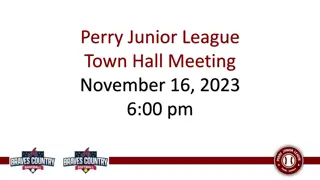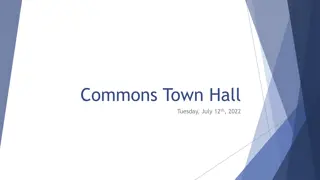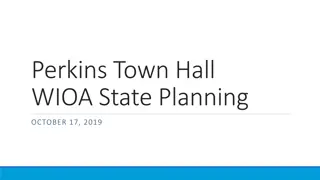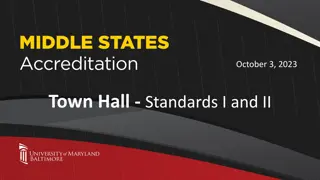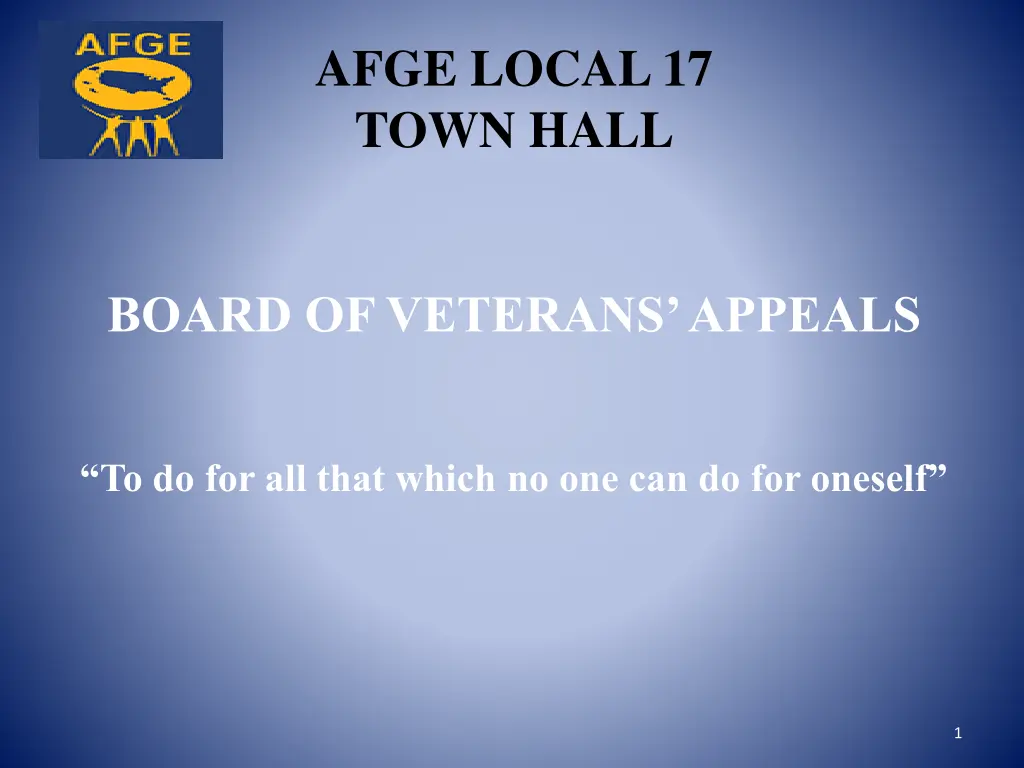
Understanding Power Dynamics at AFGE Local 17
Explore the power dynamics at AFGE Local 17, where leadership, feedback, and challenges are addressed. Understand the bases of power, how leadership influences employees, and the issues faced by the organization. Discover the impact of coercive power and the importance of competent leadership in fostering a productive environment.
Download Presentation

Please find below an Image/Link to download the presentation.
The content on the website is provided AS IS for your information and personal use only. It may not be sold, licensed, or shared on other websites without obtaining consent from the author. If you encounter any issues during the download, it is possible that the publisher has removed the file from their server.
You are allowed to download the files provided on this website for personal or commercial use, subject to the condition that they are used lawfully. All files are the property of their respective owners.
The content on the website is provided AS IS for your information and personal use only. It may not be sold, licensed, or shared on other websites without obtaining consent from the author.
E N D
Presentation Transcript
AFGE LOCAL 17 TOWN HALL BOARD OF VETERANS APPEALS To do for all that which no one can do for oneself 1
AFGE LOCAL 17 WHAT WE DO Negotiate Conditions of Employment performance standards, details, schedules, telework agreements, office assignments, etc. via the MCBA Grievance/Arbitration enforce provisions in our CBA, supplemental agreements (MOUs), and any rule, law, or regulation. Respond to proposed discipline. Reasonable Accommodations, FMLA, solicit leave donations. Listen 2
PROBLEMS Based on feedback from employees 1. A lack of leadership and an emphasis on fear and coercion 2. The appointment of inexperienced, outside Veterans Law Judges (VLJ) 3. Management s intentional misinterpretation of the performance standards, causing improper performance-based actions, denials of merit promotions, and denial of overtime and opportunities. 4. Lack of sufficient training and ongoing support 3
1. LEADERSHIP A leader s job is to create the environment for employees to be productive. A leader sets the tone. However, it s the employees (you all) who do the actual work. A brief discussion of the various power bases is helpful 4
1. UNDERSTANDING THE BASES OF POWER FRENCH & RAVEN Coercive Power: punish for noncompliance Reward Power: compensate for compliance (e.g., bonuses, promotion, assignments). Referent Power: respect and admiration Legitimate Power: believing a person has formal right to make demands can wane over time Expert Power: high levels of skill and knowledge 5
1. POWER AT THE BOARD Coercive power is the primary, and perhaps only, power base utilized by Board management. Counseling (verbal or written) Deny grade promotions Deny within-grade increases Deny overtime opportunities Remove employee from telework (new) Initiate the removal process unacceptable rating in any critical element (production) and issuing a Performance Improvement Plan (PIP) Upper management s top priority is increasing the Board s overall output by squeezing as many decisions out of each attorney. MOST OF THESE VIOLATE OUR AGREEMENT Discussed below 6
2. INEXPERIENCED VLJs Policy prior to 2020: VLJs had to have at least seven years of Veterans Law experience (Board attorneys, CAVC law clerks, VSO, RO, etc.) New policy: No experience with Veterans law required because, according to Ken Arnold and Chris Santoro, leadership skills are far more important than knowledge. Expert power is less important for senior positions. But a VLJ is akin to a team lead. And a team lead s power comes primarily from expertise and knowledge So, ironically, the inexperienced VLJs have less power less impact than the experienced VLJs. Some could be DVCs. This is a disastrous business model because, without expertise, many inexperienced VLJs struggle to lead their attorney team, task their subordinates to train them, and sign far fewer decisions; this all results in a crushing blow to morale and employee engagement. (T.D.) 7
3. NEW REQUIREMENT: PRODUCTION ON A PRO RATA BASIS EACH PAY PERIOD Per our performance standards and MOU, the critical element of production is an annual standard of 156 cases or 491 issues to be fully successful. Management unilaterally implemented a new requirement that attorneys meet their annual quota on a pro rata basis each pay period. Why? The MOU states: Consistent with performance management, the Board may conduct frequent progress checks to ensure each attorney is on pace to meet their annual production requirement. Problem: on pace has never been defined as meeting the production requirement on a pro rata basis each pay period of the performance year. Solution: Arbitration 8
4. TRAINING AND SUPPORT (New Attorneys) Over 400 attorneys hired since 2018 with no consistent training program, despite dedicated mentors doing their best in a broken system. After six months of training, new inadequately-trained attorneys are held to the same numerical quota as attorneys who have drafted Board decisions for decades. Consequently, many attorneys hired since 2018 have either been fired, resigned, or have simply left in frustration, costing taxpayers millions of dollars. (Fed gov t has no competition never ending supply of $) Ongoing training should not stop at the six month mark. 9
4. TRAINING AND SUPPORT (All Attorneys) Management offers no ongoing support for attorneys who struggle. PIPs: Under federal law and our MCBA, a PIP does not mean placing an employee on 100% review. A PIP must be tailored to the employee s specific needs and may include additional instructions, counseling, assignment of a mentor, and other assistance as appropriate. Last year over 40 attorneys were on PIPs. Management offered no assistance. But the Union did provide that assistance. 10
4. TRAINING AND SUPPORT (Struggling Attorneys) PIP/Rehabilitation Group: Benton Komins, Megan-Brady (MB) Viccellio, Denise Adams Hill, and Sikenah Baxter. Regularly met with employees on PIPs and offered training on efficiency, research and writings skills, and time management. Despite being a management responsibility, these union stewards did this work on official time and their own time. A similar model would be of tremendous value to the Board, increasing output, improving quality, and saving taxpayer money. Proposed by the Union, with no response. 11
UNIONS GOAL/WISH LIST: ENGAGED WORKFORCE OBJECTIVES Restore 7-year requirement of relevant experience for VLJs Enforce the annual production requirement Fair performance standards Improve training and ongoing support Better leadership 12
UNIONS RESPONSE Arbitration: Misinterpretation of the on pace language will be decided by an arbitrator. Please contact a union representative if you ve been negatively impacted. Training Local 17 PIP and Rehabilitation Committee, but we need volunteers from experienced attorneys. (Benton is the point person). We ll advocated for a permanent quality team to assist struggling attorneys. Inexperienced VLJs lobby Congress and Secretary McDonough. Labor-Management Forum VA s Employee/Labor Relations Office is well aware of the many problems created by management. 13
OUR COLLECTIVE VOICE SHOULD MATTER The Board can t be led by a democracy, but meaningful employee input is essential. This is especially true with our current leadership team because they are new and will likely be gone within 5 years. Sergio Viera de Mello s experience in East Timor water, banking system, ports and airports, food, gov t, security, etc. Management engages in surface-level bargaining yet refers to Local 17 as their union partners. (Farce). 14
VOLUNTEERS Mentors for attorneys who are struggling Two attorneys to help draft proposals for performance standards If you re not a Union member, please consider joining. 15
JOIN AFGE LOCAL 17 Go to www.joinafge.org www.joinafge.org Scroll to Veterans Administration Local 0017 (VA Central Office) Standard dues option ($18.50 per pay period) Enter your information and you are done Email Douglas Massey at Douglas.Massey@va.gov to get added to the membership email list. Douglas.Massey@va.gov 16

